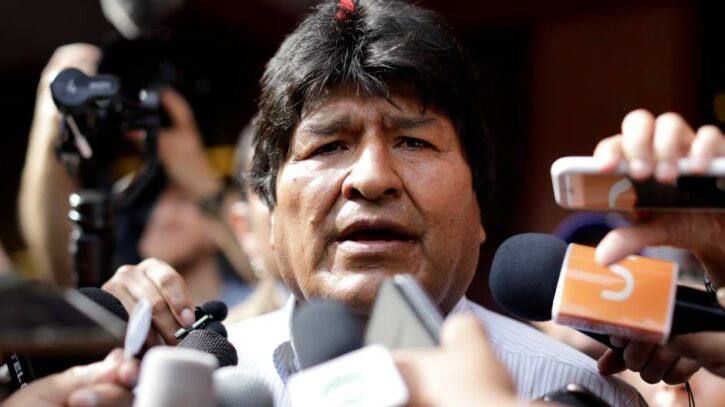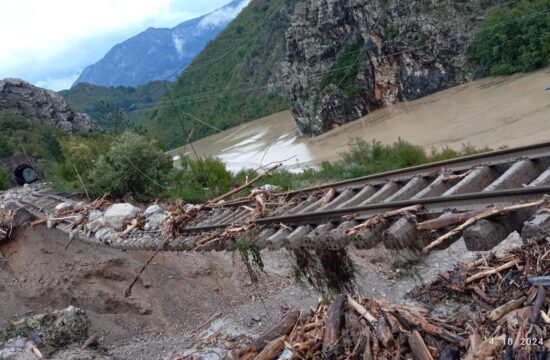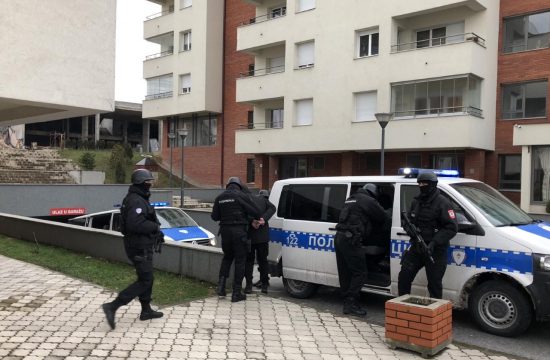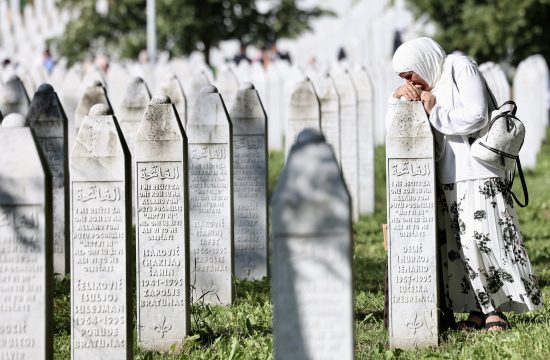
Bolivian President Evo Morales resigned Sunday amid growing opposition after an international audit found the results of last month's election could not be validated because of "serious irregularities."
Morales said he was stepping down “for the good of the country,” which has been roiled by protests in the days following the October 20 election. Three people have died in the protests and hundreds have been injured.
Calls for Morales’ resignation had grown over the weekend, and on Sunday, the head of the Bolivian Armed Forces, Cmdr. Williams Kaliman, asked Morales to step down in order to restore stability and peace.
Morales claimed he'd been forced out in a coup – a charge echoed by his allies in South America, but denied by the opposition movement, which said this was a fight for “democracy and peace.”
“I regret this deeply,” Morales said on national television. He will send his resignation letter to Congress in the next few hours, he said.
Demonstrators and the Bolivian opposition had accused electoral authorities of manipulating the vote count in favor of Morales, the country's longtime socialist leader. Morales denied the allegations and declared himself the winner.
Morales was one of the longest-serving heads of state in Latin America. He served nearly 14 years and was Bolivia's first indigenous president.
He won his first election with a campaign that promised a government focused on the needs of the country's poor. But he was also accused of using the system to concentrate power.
“We have been in the government for 13 years, nine months and 18 days thanks to the unity and the will of the people,” Morales said in a statement posted to Twitter. “We are accused of dictatorship by those who lost to us in so many elections.
Today Bolivia is a free country, a Bolivia with inclusion, dignity, sovereignty and economic strength.”
Celebrations broke out across the country as news of his resignation spread.
Who's next in line
It was unclear Sunday evening who would be Bolivia's next president. The officials next in the presidential line of succession all resigned Sunday.
Vice President Álvaro García Linera announced his resignation minutes after Morales stepped down. President of the Senate Adriana Salvatierra Arriaza, 30, would have been next in line, according to the Bolivian Constitution. But she, too, announced her resignation Sunday evening.
The job would have passed to President of the Chamber of Deputies Víctor Borda, but he stepped down earlier Sunday.
Speaking to local media, the second vice president of Bolivia's senate, Jeanine Añez, said that she is the next in line to assume the presidency, and is willing to do so.
Añez, an opposition lawmaker, said that she would assume the presidency with the objective of calling for new elections. But it remains unclear how the succession will unfold, or what role the military will play in the transition.
The international community reacts
The US State Department is monitoring the “quickly unfolding events” in Bolivia, a US State Department spokesperson said. Earlier, US Secretary of State Mike Pompeo commended the OAS audit and said the United States supported the new election and the installation of a new electoral council.
“In order to to restore credibility to the electoral process, all government officials and officials of any political organizations implicated in the flawed October 20 elections should step aside from the electoral process,” Pompeo said.
But others, including Venezuelan President Nicolas Maduro and Cuban President Miguel Díaz-Canel Bermúdez, condemned what they called a “coup” against Morales.
“We condemn the opposition's coup strategy which has unleashed violence on Bolivia, has cost deaths, hundreds of injuries and condemnable expressions of racism towards the native people,” Díaz-Canel said on Twitter.
Twenty members of the Bolivian executive and legislative branches have sought refuge at the Mexican ambassador's residence in La Paz, said Mexican Foreign Minister Marcelo Ebrard.
Mexico would grant Morales asylum if he requested it, Ebrard added.




